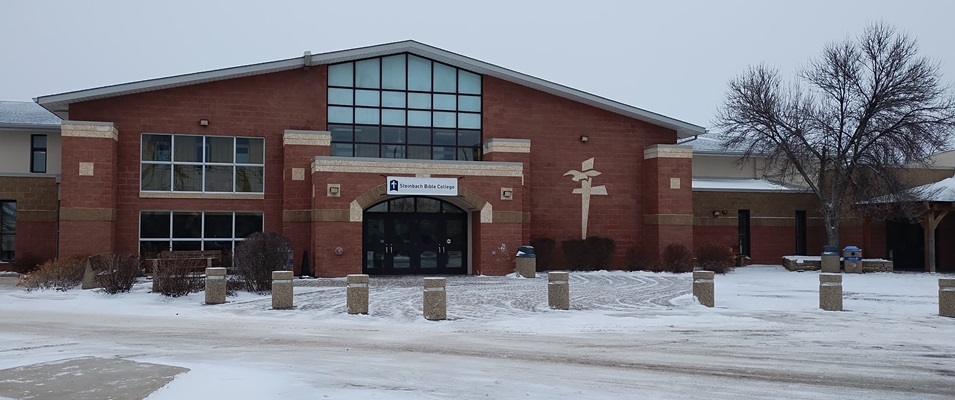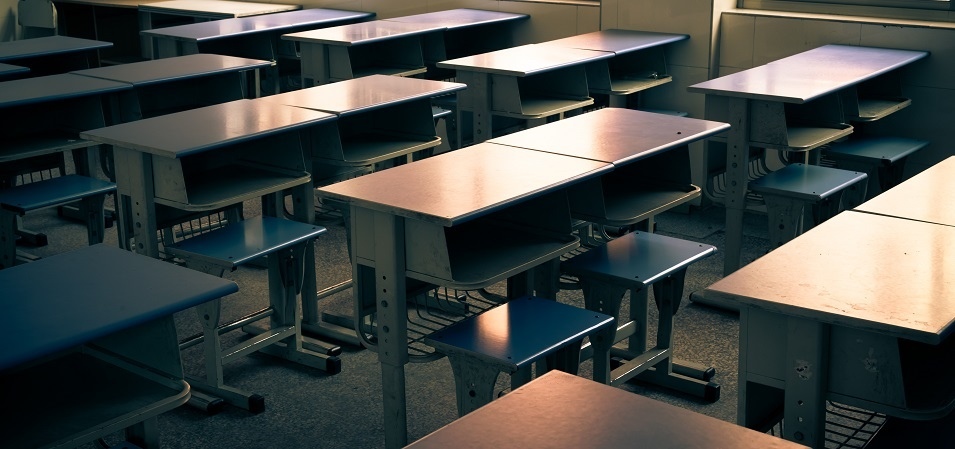
It’s been just over two months since the province banned student cellphone use in schools and Niverville High School’s principal, Paul Grosskopf, reports that the transition is going remarkably well.
While school administration has been vigilant in implementing the new policy, Grosskopf says the real measure of success has been the student response.
“We have had minimal pushback from students,” says Grosskopf. “When you are able to walk into a classroom and see students and staff being able to get right to the learning process at the start of class instead of needing to address cellphone usage, that is always a positive.”
Based on teacher feedback, he says a marked difference is already being witnessed both in and out of the classroom.
“Teachers have reported more engaged students, and students conversing with one another more often, especially during downtimes,” says Grosskopf. “Now, when students have that free moment, they are able to turn to a peer or a teacher and can form those very important educational and relational connections. In the past, that has not always been the case, where students would often resort to their devices during those downtimes.”
The province’s sweeping ban on cellphones begs the question, though, whether some schools will have the resources to fill the gap. While cellphones in the classroom certainly pose a distraction, they can also serve as a valuable internet research tool.
For Grosskopf, this is not a concern since the Hanover School Division (HSD) has provided his school with enough Chromebooks to make cellphone use unnecessary.
At the time of the province’s cellphone ban announcement this summer, a few local school divisions had already implemented cellphone restrictions of their own. The DSFM adopted a pilot program that follows the same model as the province.
Kindergarten to Grade Eight students are restricted from bringing cellphones into the school under any circumstance. At the high school level, students may use cellphones during break periods and outside the classroom only.
Senior years teachers also have the autonomy to allow cellphones in their classroom when they pertain directly to learning.
In the spring of 2024, prior to the provincial announcement, HSD had been developing a similar cellphone ban which was to be implemented in the coming school year. Their new policy affected elementary and middle schools only. High school administrators would have had the freedom to continue to develop their own internal policies.
The new provincial legislation makes Manitoba the seventh province to ban phones. Others include Saskatchewan, Alberta, British Columbia, Quebec, Ontario, and Nova Scotia.
At NHS, the policy seems to be having its intended affect.
“Students have been able to own their mistakes,” Grosskopf says. “[They] acknowledge when they have used their phones and can often self-correct. [They] are more engaged, interacting with each other, problem-solving and starting to build connections again. It will not all be perfect and we recognize there are still challenges ahead, but overall the impact has been very positive. We are thankful for a supportive community and want to celebrate these successes with our students and families.”



















